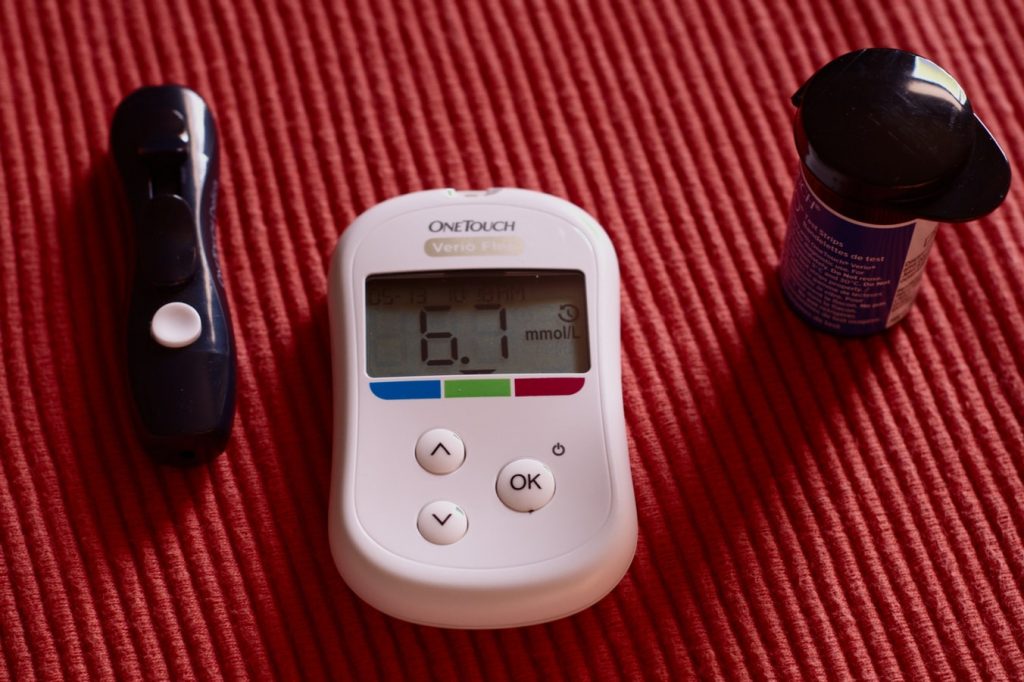10/01/2019
What’s the Best Blood Thinner for Afib?
Atrial fibrillation is an irregular heartbeat that can escalate your potential risk of cardiac events, stroke, and heart disease. It affects up to 9% of Americans over the age of 65. Treatment most often involves medication and lifestyle adaptations. Additionally, procedures such as ablation, cardioversion, or inserting pacemakers are sometimes recommended to remedy the issue. However, now there are new and improved medications that are changing the game for Afib patients.
The Previous Favorite: Coumadin
Coumadin, a popular brand name of the drug warfarin, is a blood thinner that has been the cardiology go-to since the 1950s as it’s been the only effective option in clot reduction. But as of recent years, there are a few new promising up and comers slowly trickling into the drug market. Many need these alternatives because Coumadin poses some unique risks for its users. Warfarin can cause excessive bleeding, risking serious escalation of minor injuries. Users of this drug also have to have a certain level of diligence. In order to maintain consistent levels of the medicine in your body, you have to be able to take it at the same time every day, requiring a good and dependable routine. Patients using this medication are urged to set an alarm every day to best regulate their platelet activity.
The intricacies of this medication make it not-ideal for everyone, but until recently, it was the most studied and dependable option for this purpose, and it was included in the route most commonly suggested by primary care doctors and cardiologists alike.
Newer Blood Thinners May Be Recommended
Each individual’s heart has unique needs and blood thinners are hardly one size fits all. A new classification of drugs called non–vitamin K antagonist oral anticoagulants or NOACs are becoming more and more popular in recent practices. Some examples of this type of drug are Xrelto (rivaroxaban), Pradaxa (dabigatran), Eliquis (apixaban), and Savaysa (edoxaban).
These newer recommendations don’t have to be as closely monitored as warfarin, so they tend to be slightly more user-friendly. You don’t have to be quite as consistent with timing, because this medicine is better at regulating its own levels within your body. There is a window of a few hours during which it’s ok to take it. You can simply stick to a “morning” or “evening” dose, because you don’t have to worry about platelet buildup/ clot formation as quickly. You also don’t have to monitor your intake of vitamin-K, as you do on warfarin.
One of the downsides of this type of medicine is the cost. It is less often covered by most insurance plans, whereas warfarin is almost always covered when prescribed by a doctor. Additionally, there are similar risks of bruising and excessive bleeding, but they are more controlled due to the medications’ ability to regulate itself. You won’t have to worry as much about having too much or too little NOACs in your system on an hour by hour basis as long as your daily routine is somewhat consistent.

Which is Best for Treating AFib?
Deciding what blood thinner is best for treating your Afib is entirely dependent on your situation. There are several other health factors such as medical history and risk levels that affect whether it is recommended that you use Warfarin or these newer NOACs. Additionally, your lifestyle impacts the effectiveness of all of these medications, as well as the severity of your Afib, so make sure that you seek proper medical advising before seeking out any particular option. Typically, doctors are now recommending the NOAC’s with the exception of those who have an existing condition such as mitral stenosis or an artificial heart valve implant. Talk to your cardiologist about the best route for you.
Talk to your Doctor
Before you consider which treatment is right for you, make sure that you educate yourself using guides and resources, and most definitely consult with a licensed medical professional before making any decisions on the topic.
Reach out to the professionals at CardioVascular Group with numerous locations all throughout the state of Georgia. They’ll be able to help you define the best possible routine to keep you healthy and safe with AFib.



